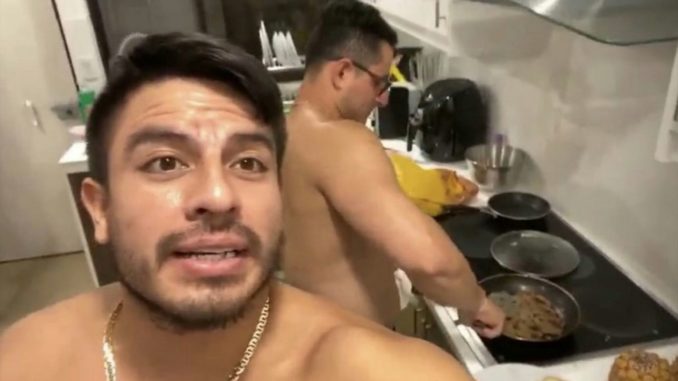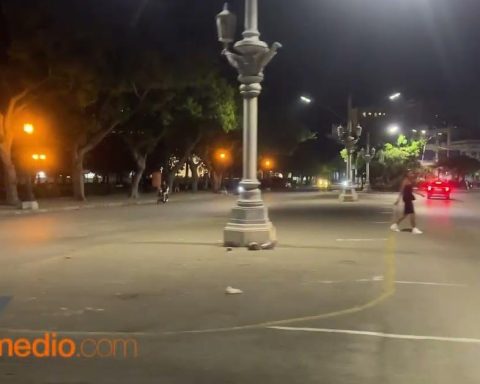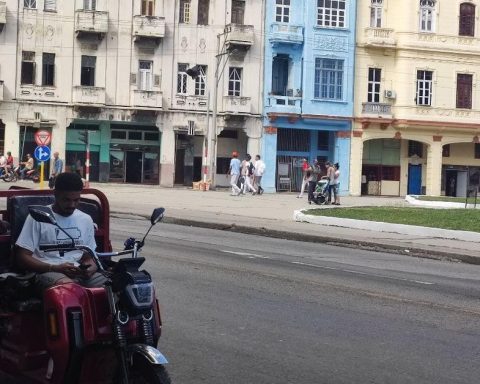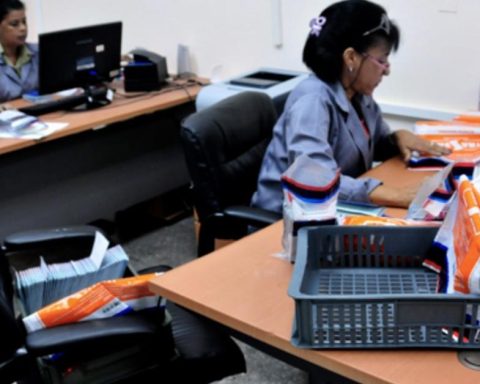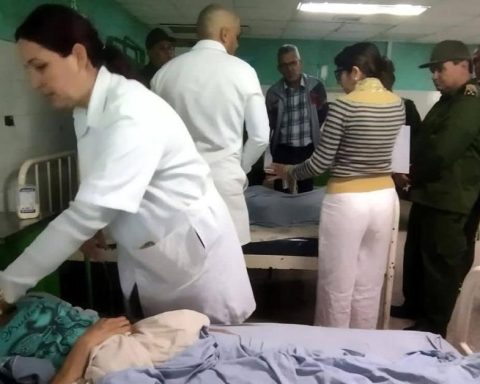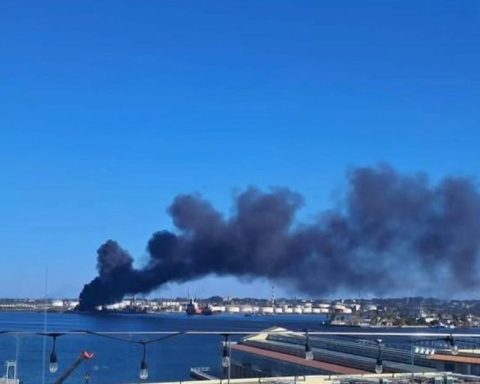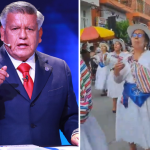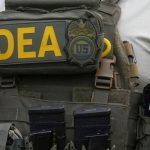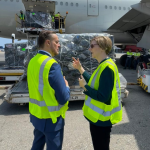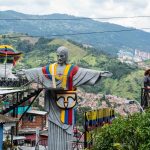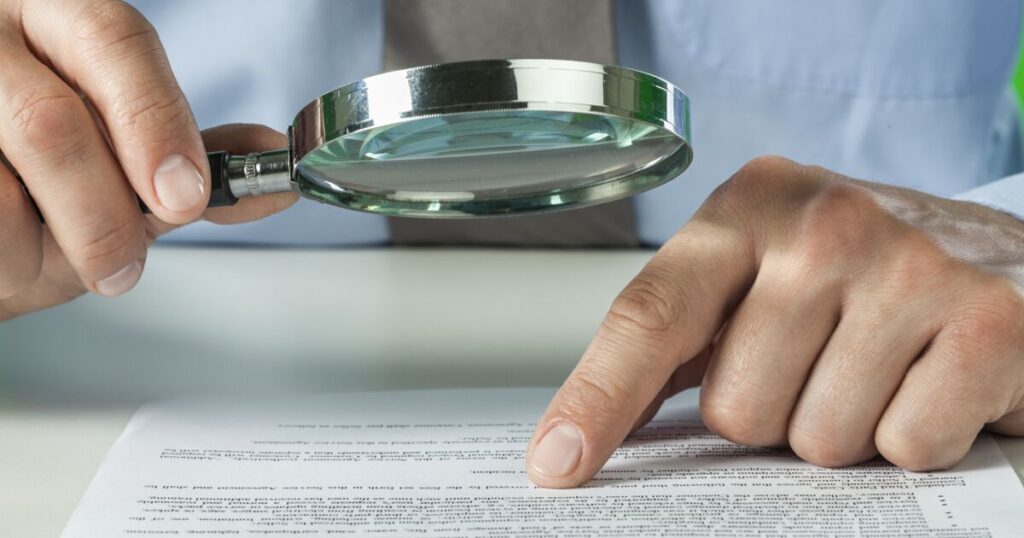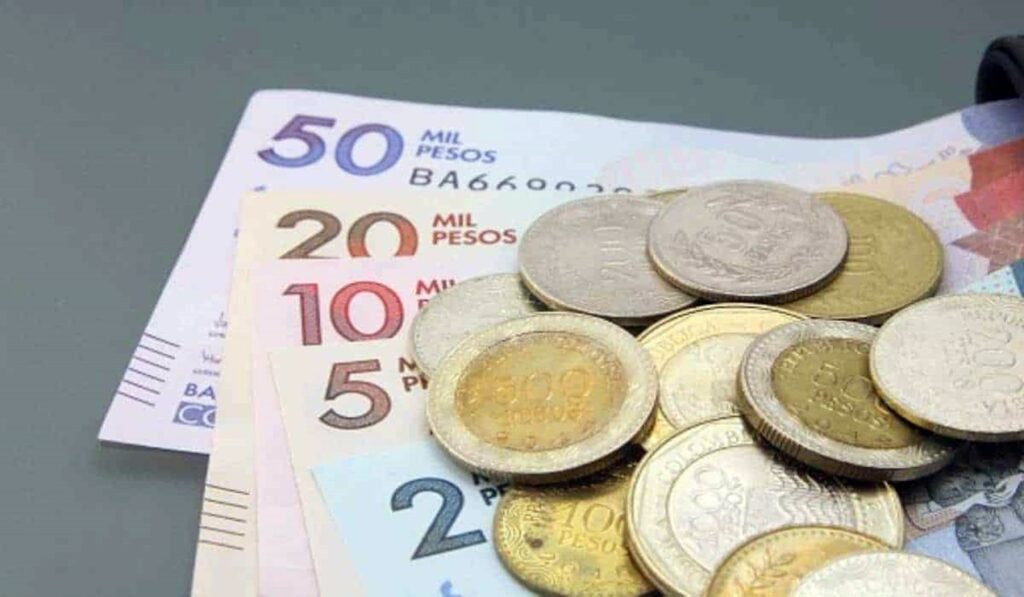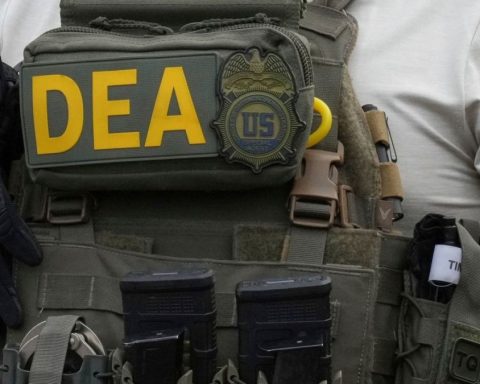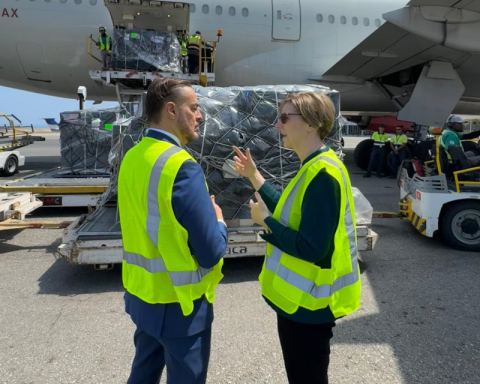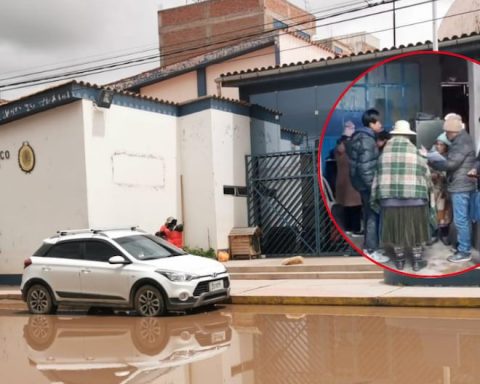In a year and a half, since the Task Force of the Prosecutor’s Office began to operate, 183 cases have been opened. Specialists point out that there are legal arguments.
People were dying in the streets. Hospitals were overwhelmed with seriously ill patients seeking care for symptoms of COVID-19. They were the most difficult moments of the pandemic in the country and while the deceased were counted by dozens every day, there were people who did ‘business’ under the table.
First it was the networks, then the media that reported on the corruption scandals in the pandemic. The situation forced the State Attorney General’s Office to create in June 2020 a Interdisciplinary Task Force to speed up investigations and find the culprits.
Most, in previous research
LA HORA accessed the production data of this special unit. In a year and a half, it opened 183 files, the majority (169) are still under preliminary investigation, that is, the agents are looking for the elements to initiate a criminal action against the suspects.
Others continue in prosecutorial investigation and in the evaluation and trial preparatory stage and only eight, that is, 4.3% of the cases, reached trial (see infographic). In this last group are several processes of Daniel Salcedo. For example, on July 6, 2021, he and seven other people were found guilty in the first instance for the crime of embezzlement and were sentenced to 13 years in prison.
A court of criminal guarantees accepted the accusation of the Prosecutor’s Office, for the irregular commercialization of medical supplies with a surcharge for the hospital The IESS Ceibos. the lawyer ofand Salcedo, C.Christian Romero, indicated that the judges of first instance “have not yet uploaded the process to the Provincial Court of Guayas”, where they wait for the day and time to be set for the appeal hearing to take place.
Salcedo was also sentenced for procedural fraud and the file is pending (National Court). In addition, he has a sentence for bringing prohibited items into jail.
The case for organized crime is in the trial stage and only four witnesses have been evacuated. On the other hand, a court declared him innocent in a money laundering process.
Sentences and summons to trial
In total, so far, the task force hhas prosecuted 146 people. In this number, only those sentenced (17), called to trial (82), those who are undergoing fiscal investigation (14) and those dismissed (33) are counted; There is no record of all those involved in the preliminary investigation.
Among the most common crimes investigated by the Task Force is embezzlement, with 109 cases. One of them is the involving the former mayor of Quito, Jorge Yuda. That process has also had delays.
Other crimes are influence peddling, organized crime, concussion, illicit association, bribery, appropriation fraudulent by electronic means, obstruction of health and humanitarian tasks, attempted influence peddling, tax fraud and non-compliance with legitimate decisions of the competent authority. There are cases of former authorities that are not advancing either.
Obstacles to reaching a trial
LA HORA sought an interview with an agent in charge of these cases to find out why few reached the trial stage. By email, the Prosecutor indicated that, “once the availability of the agenda of the fiscal agents that make up the Task Force has been verified, it is communicated that at the moment – the beginning of the year – it is not feasible to attend to your request for an interview.”
The criminal Fernando Suarez agrees that lack of staff delays cases. He warns that it is the judges who, in several cases, do not call hearings or postpone them. Also that they make “incomprehensible” decisions, such as the nullity that granted a judge with whom it was intended to return to zero an investigation against former president Abdalá Bucaram and his son Jacobo. That decision was appealed. “That complicates all the work of the Prosecutor’s Office,” says the lawyer.
Judges who spoke with LA HORA indicate that there are proceedings that intersect and must suspend hearings. They also point out that the lawyers use “arguments” to avoid the installation of hearings. “They don’t go to the calls, they send last-minute excuses, they say they’re sick.” Professor Gustavo Rodríguez points out that the lawyers prosecuted in these cases seek to delay everything and thus hinder the processes.
For example, the prosecution publicly warned that the defenders of Salcedo, through “arguments” tried to ignore what was stipulated in the Penal Code in force (COIP) regarding preventive detention. This, because the defense requested the writ of habeas corpus -which was rejected- to request the expiration of the pre-trial detention -which it serves in the Prison 4, in Quito– in the judicial process for the crime of organized crime, initiated in the pandemic. The appeal raised by Salcedo did not prosper
The Prosecutor’s Office indicated that it was intended to disregard the regulations that indicate that the term for expiration to operate will be counted from the date on which the preventive detention order became effective. Once the sentence is handed down, the deadlines will be interrupted.
Members of the Interdisciplinary Task Force
Attorney General
Three prosecutors from the Transparency Unit
Five prosecutors from the Money Laundering Unit
four provincial prosecutors
24 support prosecutors, one for each province
Three experts in public procurement and financial analysis
